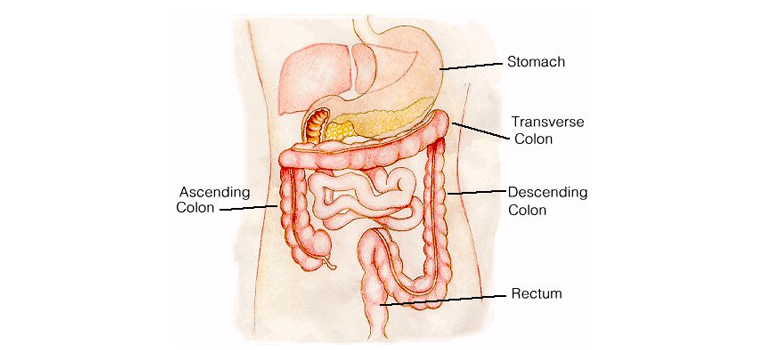Gastroenterology
Gastroenterology is the branch of medicine focused on the digestive system and its disorders. It deals with the diagnosis and treatment of conditions affecting the gastrointestinal tract, including the esophagus, stomach, small intestine, large intestine (colon), rectum, liver, gallbladder, and pancreas. A doctor who specializes in this field is known as a gastroenterologist. These specialists are trained to manage a wide range of diseases, from common issues like acid reflux, constipation, and indigestion to more serious conditions such as ulcers, Crohn's disease, hepatitis, and gastrointestinal cancers. The digestive system plays a crucial role in breaking down food, absorbing nutrients, and eliminating waste, making its health vital for overall well-being. When symptoms like abdominal pain, bloating, nausea, or changes in bowel habits persist, it often indicates an underlying digestive issue that requires medical attention. Gastroenterologists use various diagnostic tools such as endoscopy, colonoscopy, imaging scans, and lab tests to identify problems within the digestive system.

Treatment can involve lifestyle changes, medications, or procedures, depending on the severity and nature of the condition. Preventive care is also an essential part of gastroenterology, helping patients maintain digestive health through diet, regular screenings, and early intervention. As digestive diseases continue to affect millions of people worldwide, the importance of gastroenterology in modern healthcare cannot be overstated. It ensures that individuals receive accurate diagnoses, effective treatments, and the guidance needed to live healthier lives.
What Gastroenterologists Do:
astroenterologists are specialists trained to manage a wide variety of GI conditions. They evaluate symptoms like abdominal pain, diarrhea, constipation, bloating, nausea, vomiting, acid reflux, and rectal bleeding. They also perform diagnostic procedures like endoscopies and colonoscopies.
.jpg)